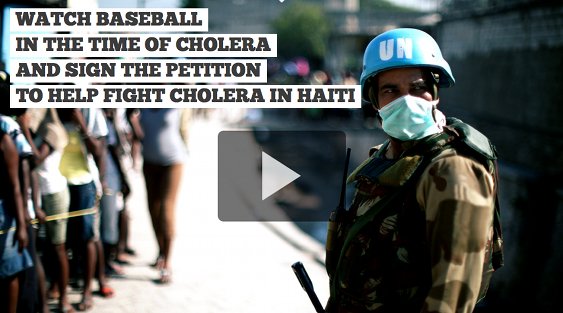FOR IMMEDIATE RELEASE: March 5, 2012
Contact:
Brian Concannon, Jr., Esq., Institute for Justice & Democracy in Haiti, brian@ijdh.org, +1-541-263 0029 (English, French, Creole)
Mario Joseph, Av., Bureau des Avocats Internationaux, (in Haiti), mario@ijdh.org, +509 3701-9878 (French, Creole, English)
Monday, March 5, 2012
Boston, Port-au-Prince — In a statement to the United Nations (UN) Security Council last week, U.S. Permanent Representative Susan Rice stressed the importance of UN accountability for its role in bringing cholera to Haiti, calling on the UN to “redouble its efforts to prevent any further incidents of this kind and to ensure that those responsible are held accountable.”
The UN has not accepted responsibility for the outbreak despite extensive evidence, including by the UN’s own panel of experts, that cholera was brought to Haiti by troops from the UN peace-keeping mission in Haiti (MINUSTAH), and introduced into Haiti’s largest river system through negligent waste disposal practices. The epidemic has killed over 7,000 Haitians and sickened over 500,000 since October 2010. It is expected to worsen as the rainy season begins.
Continue reading Press Release: Human Rights Groups Applaud U.S. Call for UN Accountability for Haiti Cholera


